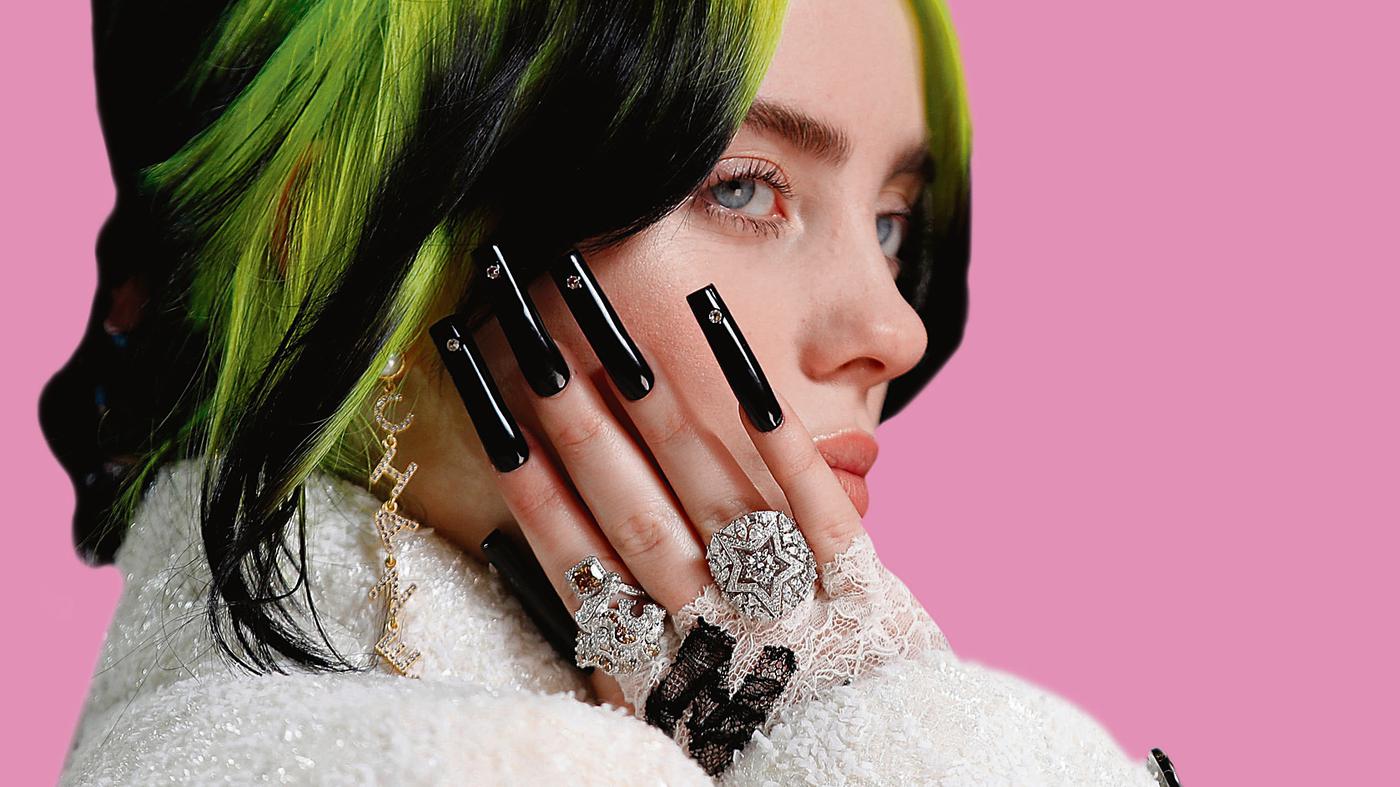The music ecosystem is in danger – at least that is the opinion of more than 200 artists who have signed an open letter against the misuse of artificial intelligence in the music industry. “The attack on human creativity must be stopped,” the letter says. Signatories include music stars such as Billie Eilish, Nicki Minaj, Stevie Wonder, Katy Perry, Jon Bon Jovi and REM
“If used irresponsibly, AI poses a huge threat to the protection of our privacy, our identity, our music and our livelihoods,” the appeal said. If used correctly, the technology also has great positive potential and can lead to “new and exciting experiences for music fans”.
The open letter was written by the Artist Rights Alliance (ARA), a US-based NGO that advocates for the rights of musicians and songwriters in the digital world. On Tuesday, the group posted its appeal on the X platform.
Recommended editorial content
Here you will find external content selected by our editors to enrich the article with additional information for you. Here you can display or hide the external content with one click.
I agree that the external content can be displayed to me. This means that personal data can be transmitted to third-party platforms. You can find more information about this in the data protection settings. You can find these at the bottom of our page in the footer, so you can manage or revoke your settings at any time.
Some of the most powerful companies used musicians’ work to train AI models without permission, the letter said. This aims to replace the work of human artists with vast amounts of AI-created “sounds” and “images”. This also affects the royalties of artists. For many musicians and songwriters who need to make money from their art, this could be catastrophic.
The signatories therefore call on AI developers, tech companies and digital music services to commit not to develop or use technology that undermines or replaces the art of musicians and songwriters.
Tennessee passes law against vote impersonation
The open letter comes almost two weeks after the first law on AI in the music industry was passed in the USA. In Nashville, Tennessee, on March 21, Governor Bill Lee signed the “Elvis Act” – short for “Ensuring Likeness Voice and Image Security Act”.
The law is intended to protect against one’s own voice, face or body being artificially generated and imitated and thus closes a gap in copyright law. In Tennessee, using artists’ voices without their permission can now result in a prison sentence. The creators of the new law hope that other states will follow suit with similar legislation.
With the help of artificial intelligence, it is becoming increasingly easier to imitate artists’ voices through so-called “voice cloning” – which is increasingly causing concern in the music industry. Last year, for example, a TikTok user generated a song with the artificial voices of Drake and The Weeknd and was extremely successful. The song racked up 600,000 Spotify streams and 1.5 million views on TikTok before it was removed from the platforms.
In Germany, in contrast to Tennessee, one’s own voice is protected by personal rights. However, “voice cloning” has so far been difficult to deal with under copyright law and the European AI law does not fully cover such cases.
